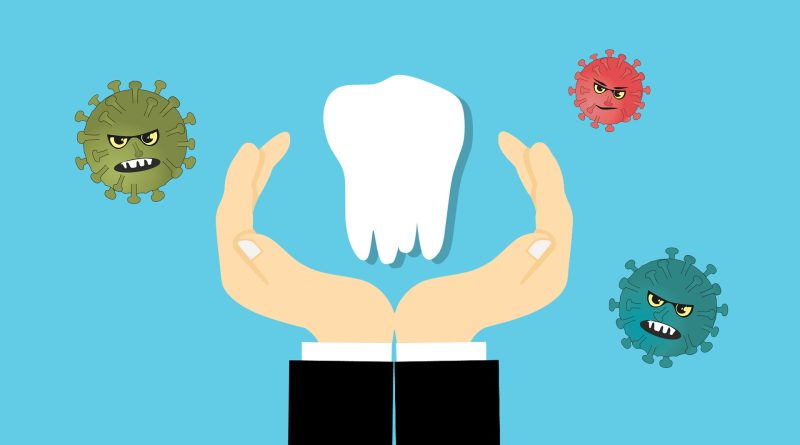Side Effects of Mask Mouth
Wearing a mask has become a common practice in many parts of the world in order to prevent the spread of COVID-19. While masks are an effective way to stop the transmission of the virus, they can also have some negative side effects on both mouth health and overall wellbeing.
One of the main side effects of wearing a mask is dry mouth. When the mouth is covered by a mask, the air we breathe is not able to pass freely through the mouth, which can lead to a decrease in saliva production. Saliva is essential for maintaining a healthy mouth, as it helps to keep the mouth moist and clean, and also aids in the digestion of food. Without sufficient saliva, the mouth can become dry and uncomfortable, and the risk of tooth decay and other oral health problems increases.
Another issue that can arise from wearing a mask is an increase in bacteria in the mouth. When the mouth is covered, the air we breathe is not able to pass freely through the nose, and instead passes through the mouth. This can lead to an accumulation of bacteria in the mouth, which can cause bad breath and other oral health problems.
In addition to dry mouth and an increase in bacteria, wearing a mask can also lead to other side effects such as headaches, difficulty breathing, and skin irritation. These symptoms can be caused by a variety of factors, including the tight fit of the mask, the material it is made from, and the duration of time it is worn.
To minimize the negative side effects of wearing a mask, it is important to follow some simple guidelines. First, make sure to choose a mask that fits properly, and that is made from a breathable material. Avoid wearing a mask for extended periods of time, and take regular breaks to allow the mouth to breathe. Drink plenty of water to keep the mouth hydrated, and avoid consuming sugary or acidic foods and drinks, which can increase the risk of tooth decay.
In addition to these measures, it is also important to take care of your mouth health in general. Brush your teeth twice a day with fluoride toothpaste, and floss regularly to remove plaque and food debris from between the teeth. Visit your dentist for regular check-ups and cleanings, and follow any recommendations they may have for maintaining a healthy mouth.
Overall, while wearing a mask is an important measure to prevent the spread of COVID-19, it is important to be aware of the potential side effects and take steps to minimize them. By following these guidelines, you can protect both your mouth health and overall wellbeing, and help to keep yourself and others safe from the virus.


